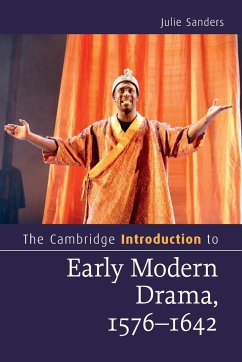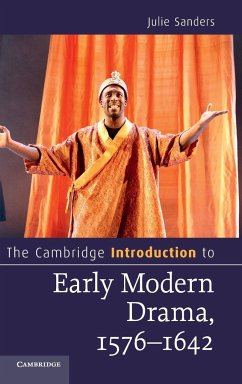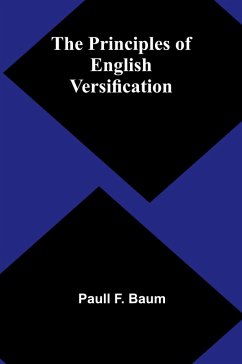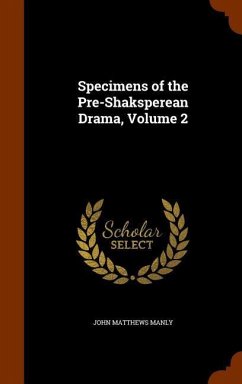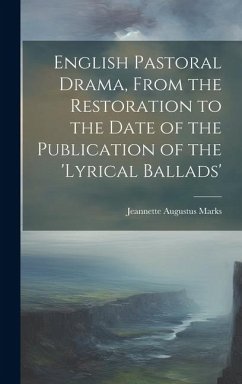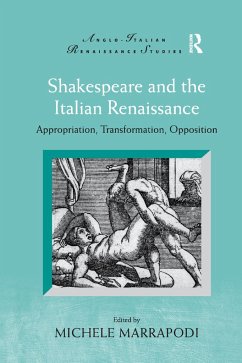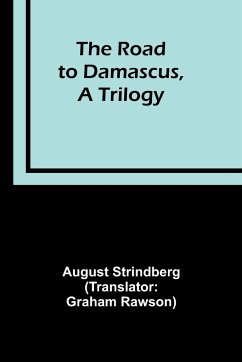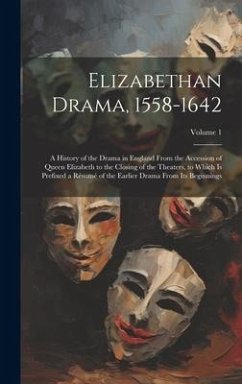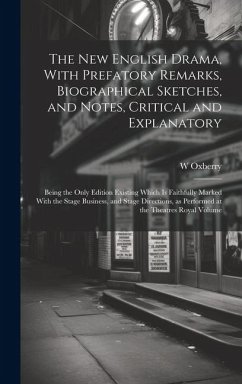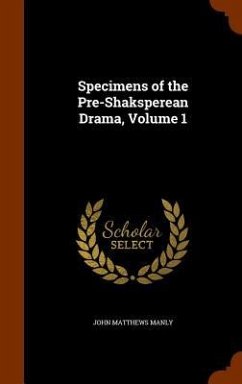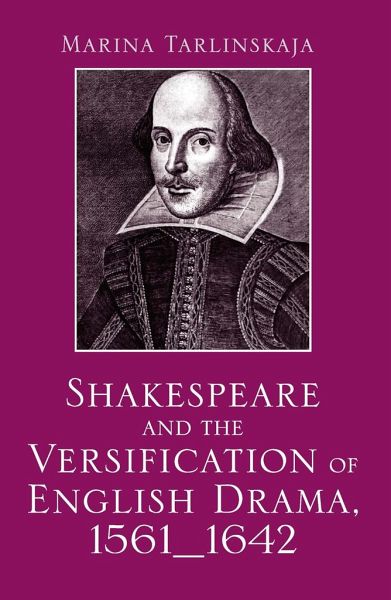
Shakespeare and the Versification of English Drama, 1561-1642
Versandkostenfrei!
Versandfertig in 1-2 Wochen
56,99 €
inkl. MwSt.
Weitere Ausgaben:

PAYBACK Punkte
28 °P sammeln!
Surveying the development and varieties of blank verse in the English playhouses, this book is a natural history of iambic pentameter in English. The main aim of the book is to analyze the evolution of Renaissance dramatic poetry. Shakespeare is the central figure of the research, but his predecessors, contemporaries and followers are also important: Shakespeare, the author argues, can be fully understood and appreciated only against the background of the whole period. Tarlinskaja surveys English plays by Elizabethan, Jacobean and Caroline playwrights, from Norton and Sackville's Gorboduc to S...
Surveying the development and varieties of blank verse in the English playhouses, this book is a natural history of iambic pentameter in English. The main aim of the book is to analyze the evolution of Renaissance dramatic poetry. Shakespeare is the central figure of the research, but his predecessors, contemporaries and followers are also important: Shakespeare, the author argues, can be fully understood and appreciated only against the background of the whole period. Tarlinskaja surveys English plays by Elizabethan, Jacobean and Caroline playwrights, from Norton and Sackville's Gorboduc to Sirley's The Cardinal. Her analysis takes in such topics as what poets treated as a syllable in the 16th-17th century metrical verse, the particulars of stressing in iambic pentameter texts, word boundary and syntactic segmentation of verse lines, their morphological and syntactic composition, syllabic, accentual and syntactic features of line endings, and the way Elizabethan poets learned to use verse form to enhance meaning. She uses statistics to explore the attribution of questionable Elizabethan and Jacobean plays, and to examine several still-enigmatic texts and collaborations. Among these are the poem A Lover's Complaint, the anonymous tragedy Arden of Faversham, the challenging Sir Thomas More, the later Jacobean comedy The Spanish Gypsy, as well as a number of Shakespeare's co-authored plays. Her analysis of versification offers new ways to think about the dating of plays, attribution of anonymous texts, and how collaborators divided their task in co-authored dramas.





